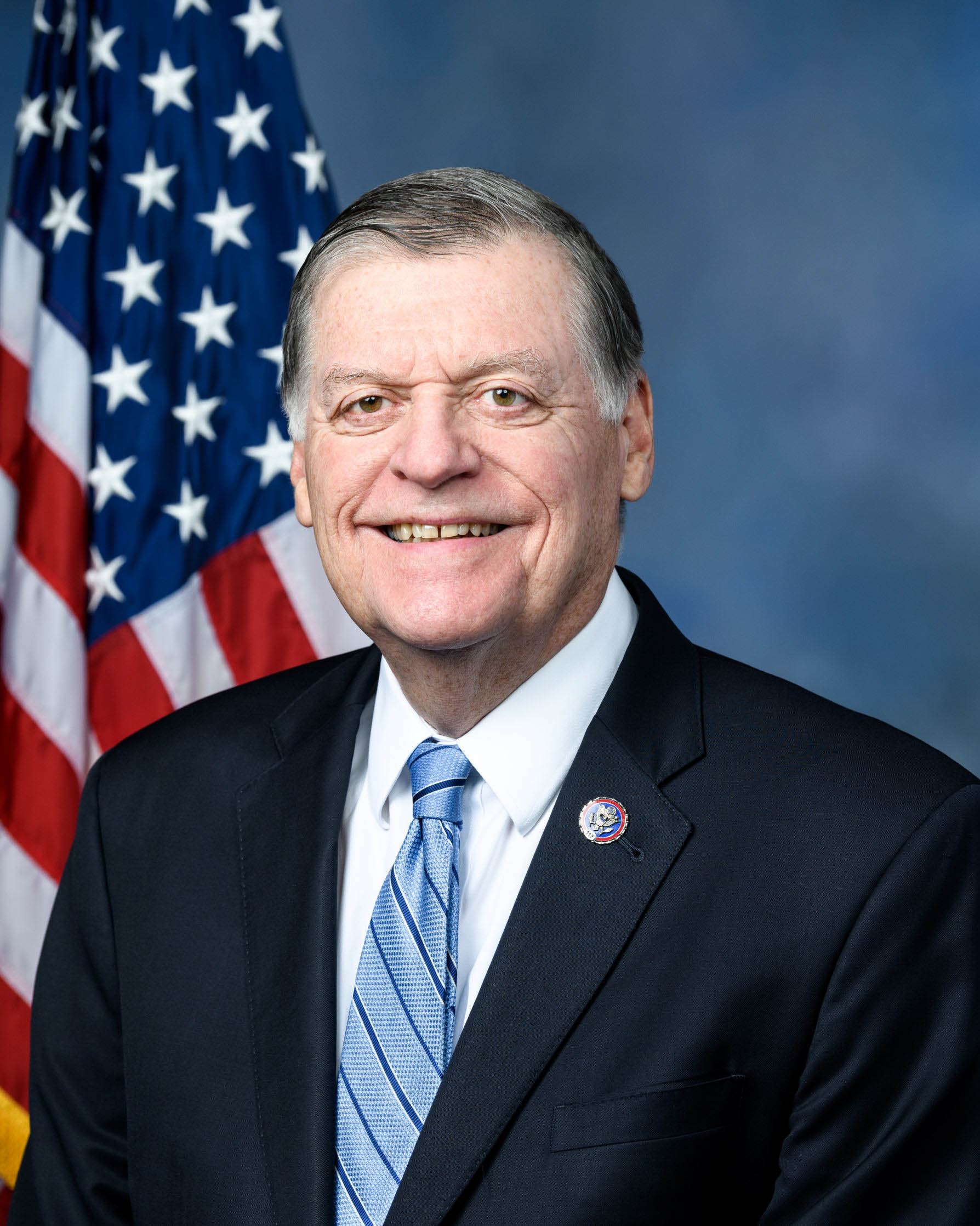Guest Opinion. From the mid-seventeenth century till the early twentieth century, Indian boarding schools were used as a tool to assimilate Native American children away from their rich culture. Yet, for far too long, the history, policies, and devastating impacts of these schools have been unknown. As an enrolled member of the Chickasaw Nation of Oklahoma and the longest serving Native American in the House of Representatives, it is not lost on me the duty I have to educate and spread awareness about Indian boarding schools and other tribal issues.

The first Indian boarding school was created in 1801, and many came to follow. In fact, according to recent accounting, at least 523 institutions, the overwhelming majority of which were operated and located in my home state of Oklahoma, were part of the nationwide network of boarding schools for Native American children – and at least 408 of these schools received federal funding.
Soon after, tribal families were deceived that these schools would offer prosperous conditions and future opportunities for their children. Yet, in reality, hundreds of thousands of Native American children were taken – oftentimes forcibly - from their families and homes and placed into these boarding schools, where they were treated egregiously.
At these schools, assimilation was the primary principle. Almost immediately upon arrival, Indian children were renamed, stripped of their tribal clothing and hairstyle, and forced to stop speaking their ancestral language. From that point forward, these children suffered from physical, sexual, cultural, spiritual, and sometimes even deadly abuse at the boarding schools.
Sadly, most Native American children never returned home from Indian boarding school and their fates have yet to be accounted for by the United States government.
It is time for Congress to act on this issue. This is why I, along with my colleague Congresswoman Sharice Davids, who is a member of the Ho-Chunk Nation of Wisconsin, have introduced H.R. 7227, the Truth and Healing Commission on Indian Boarding School Policies Act of 2024. This legislation will establish a commission to investigate, document, and report on the histories of Indian boarding schools, Indian boarding school policies, and the long-term impacts of Indian boarding schools on Native American communities.
As two of the very small number of Native Americans serving in Congress, Congresswoman Davids and I have a very unique understanding of tribal issues and are committed to ensuring these issues are at the forefront of our congressional colleagues’ minds. We believe that establishing this Commission is essential to bringing Native American communities one step closer to healing and peace for themselves, their families, and future generations, and are pleased to see this bill pass through the House Education and Workforce Committee with strong bipartisan support just last week – and, hopefully, this momentum continues.
We must bring light to this dark chapter in our nation’s history.
Tom Cole, a tribal citizen of the Chickasaw Nation, represents Oklahoma’s 4th congressional district in the U.S. House of Representatives. He began serving in Congress in January 2003 and is longest serving Native American to ever serve in Congress.
More Stories Like This
The SAVE America Act Threatens Native Voting Rights — We Must Fight BackThe Presidential Election of 1789
Cherokee Nation: Telling the Full Story During Black History Month
Jesse Jackson Changed Politics for the Better
Native News Online at 15: Humble Beginnings, Unwavering Mission
Help us defend tribal sovereignty.
At Native News Online, our mission is rooted in telling the stories that strengthen sovereignty and uplift Indigenous voices — not just at year’s end, but every single day.
Because of your generosity last year, we were able to keep our reporters on the ground in tribal communities, at national gatherings and in the halls of Congress — covering the issues that matter most to Indian Country: sovereignty, culture, education, health and economic opportunity.
That support sustained us through a tough year in 2025. Now, as we look to the year ahead, we need your help right now to ensure warrior journalism remains strong — reporting that defends tribal sovereignty, amplifies Native truth, and holds power accountable.
 The stakes couldn't be higher. Your support keeps Native voices heard, Native stories told and Native sovereignty defended.
The stakes couldn't be higher. Your support keeps Native voices heard, Native stories told and Native sovereignty defended.
Stand with Warrior Journalism today.
Levi Rickert (Potawatomi), Editor & Publisher

